Climate Action: Who Will Lead?
July 24, 2013
A Thought Leader Series Piece
Note: Chris Spence is the director of the Institute at the Golden Gate, a program of the Golden Gate National Parks Conservancy in partnership with the National Park Service that advances environmental stewardship and well-being through parks and public lands.
Do you ever feel like the news on climate change is stuck on repeat? Day after day and year after year, we seem to hear the same dire predictions from climate scientists and activists, the same calls to "act now before it’s too late!"
I first started working on climate policy in 1993, which coincidentally is the year the movie "Groundhog Day" first screened. It’s about a selfish television weatherman doomed to repeat the same day time and again until he finally learns to change his ways.
Over the past 20 years, I’ve sometimes felt like I’m stuck in "Groundhog Day." While the science is stronger than ever, working on climate policy can feel like being trapped in a time warp of inaction and paralysis. We all know the problem is real and growing, but serious action on a large scale sometimes seems beyond our grasp.




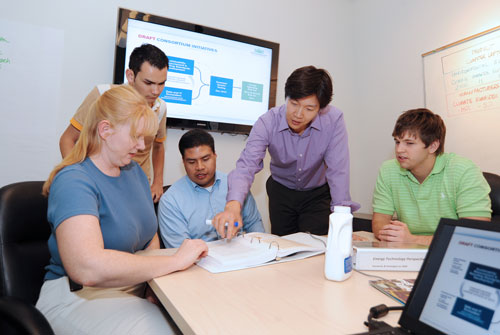 In 2012, the United Nations Environment Programme published a report stating that within the next two decades, the world could see up to 60 million new jobs within the sustainability sector. To help students prepare for this change, the School of Sustainability is introducing new courses this fall that cover the social, economic, and environmental aspects of sustainability.
In 2012, the United Nations Environment Programme published a report stating that within the next two decades, the world could see up to 60 million new jobs within the sustainability sector. To help students prepare for this change, the School of Sustainability is introducing new courses this fall that cover the social, economic, and environmental aspects of sustainability.

 As one of four study abroad experiences offered by the Rob and Melani Walton Sustainability Solutions Initiatives’
As one of four study abroad experiences offered by the Rob and Melani Walton Sustainability Solutions Initiatives’ 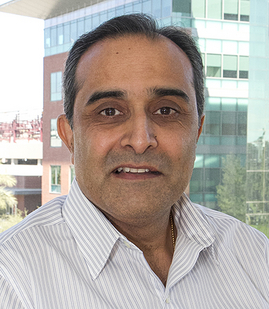 Rajesh Buch, a practice lead with Sustainability Solutions Extension Service under the
Rajesh Buch, a practice lead with Sustainability Solutions Extension Service under the 
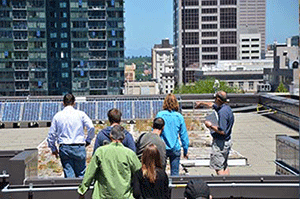

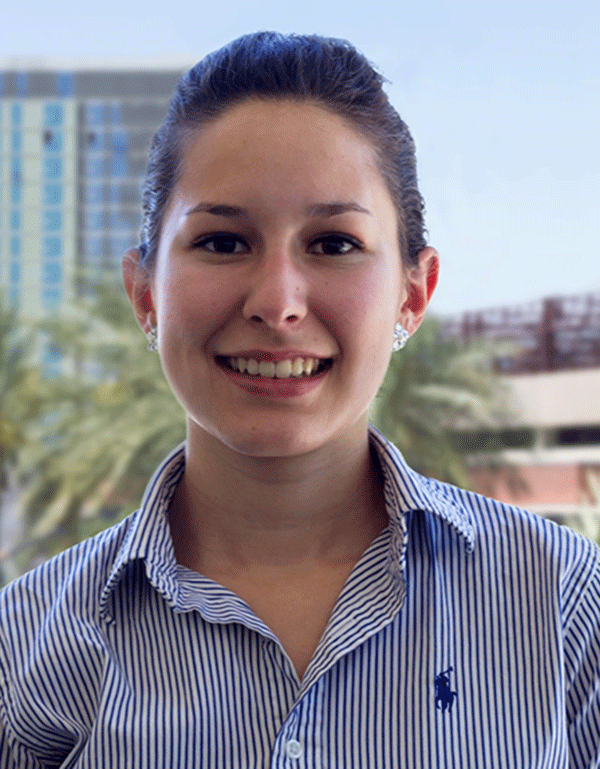 Clean Air Cab, a local sustainable taxi cab company, has awarded two School of Sustainability students with scholarships to fund their education in the upcoming year. Incoming freshman Maria Eller plans to study diversity and sustainability while senior Sean Martin plans to explore sustainable consulting.
Clean Air Cab, a local sustainable taxi cab company, has awarded two School of Sustainability students with scholarships to fund their education in the upcoming year. Incoming freshman Maria Eller plans to study diversity and sustainability while senior Sean Martin plans to explore sustainable consulting.
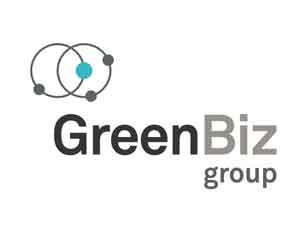 OAKLAND, Calif. and PHOENIX, Ariz. – June 12, 2013 – GreenBiz Group, The Sustainability Consortium, and the Rob and Melani Walton Sustainability Solutions Initiatives, a program of the Global Institute of Sustainability at Arizona State University, will be coming together for the Sustainability Solutions Festival, a unique and powerful partnership among three leadership institutions.
OAKLAND, Calif. and PHOENIX, Ariz. – June 12, 2013 – GreenBiz Group, The Sustainability Consortium, and the Rob and Melani Walton Sustainability Solutions Initiatives, a program of the Global Institute of Sustainability at Arizona State University, will be coming together for the Sustainability Solutions Festival, a unique and powerful partnership among three leadership institutions.
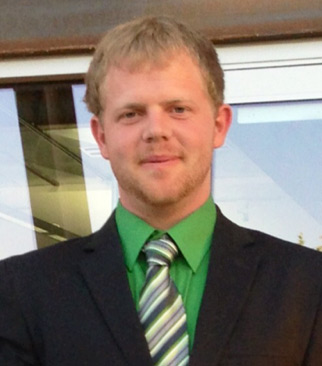 Bradley Baker graduated from the School of Sustainability in 2012. Now, he works as a hazardous waste compliance officer at the Arizona Department of Environmental Quality (ADEQ) Waste Programs Division. He learned at a young age that our resources are finite, and taking care of them takes personal and group responsibility.
Bradley Baker graduated from the School of Sustainability in 2012. Now, he works as a hazardous waste compliance officer at the Arizona Department of Environmental Quality (ADEQ) Waste Programs Division. He learned at a young age that our resources are finite, and taking care of them takes personal and group responsibility.

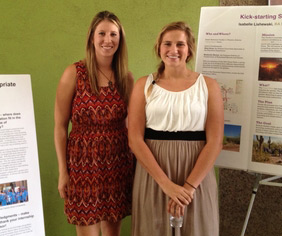 Arizona State University's School of Sustainability hosted its year-end open house and project showcase on April 24 where students and faculty got to show off their innovative course assignments and partnerships. For example, students in Professor David Manuel-Navarrete's Sustainability Leadership and Social Change course introduced their video highlighting ASU's transformation towards university-wide sustainability.
Arizona State University's School of Sustainability hosted its year-end open house and project showcase on April 24 where students and faculty got to show off their innovative course assignments and partnerships. For example, students in Professor David Manuel-Navarrete's Sustainability Leadership and Social Change course introduced their video highlighting ASU's transformation towards university-wide sustainability.
 Arizona State University’s School of Sustainability Alumni Chapter won first place in the Sparky’s Membership Mania Competition for the second consecutive year. This competition provides a $500 cash award to the ASU Alumni Chapter with the largest increase in membership each year. Thank you to the many School of Sustainability graduates who have joined the School of Sustainability Alumni Chapter. We appreciate your talents, expertise, and connection to your alma mater! Pictured left to right: Alissa Pierson (ASU Alumni Association), Brigitte Bavousett (School of Sustainability Alumni Chapter President), Dr. Christine Wilkinson (ASU Alumni Association).
Arizona State University’s School of Sustainability Alumni Chapter won first place in the Sparky’s Membership Mania Competition for the second consecutive year. This competition provides a $500 cash award to the ASU Alumni Chapter with the largest increase in membership each year. Thank you to the many School of Sustainability graduates who have joined the School of Sustainability Alumni Chapter. We appreciate your talents, expertise, and connection to your alma mater! Pictured left to right: Alissa Pierson (ASU Alumni Association), Brigitte Bavousett (School of Sustainability Alumni Chapter President), Dr. Christine Wilkinson (ASU Alumni Association).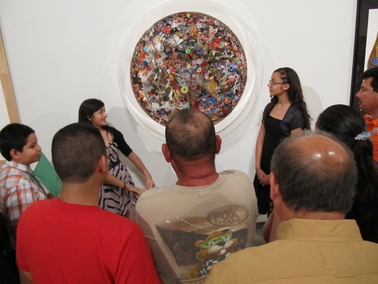 Omaya Ahmad, a fellow with Arizona State University’s
Omaya Ahmad, a fellow with Arizona State University’s 


